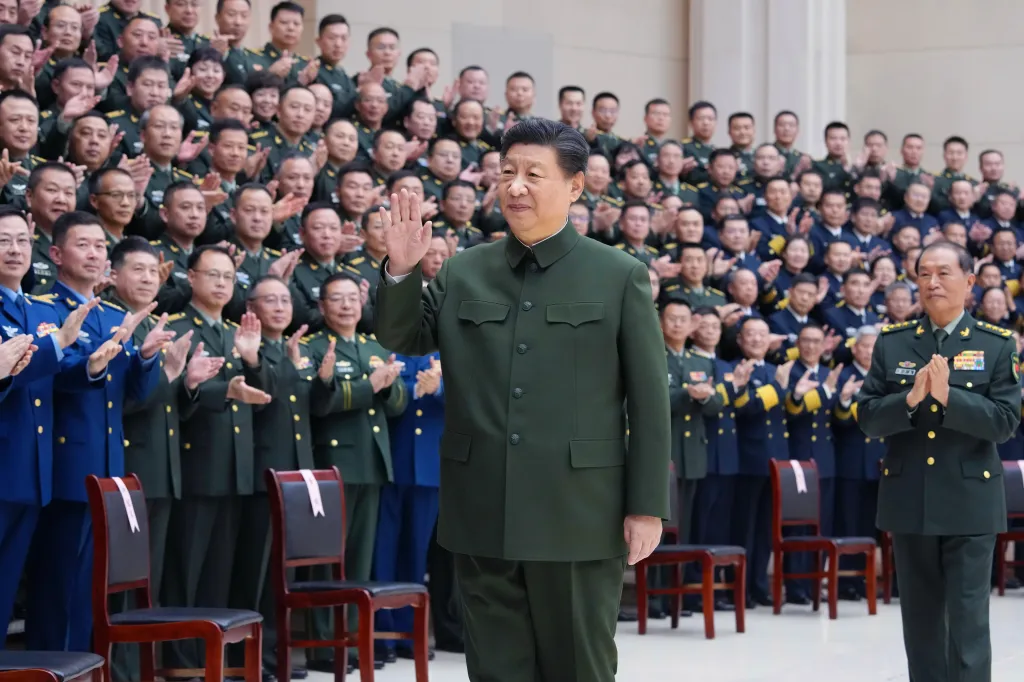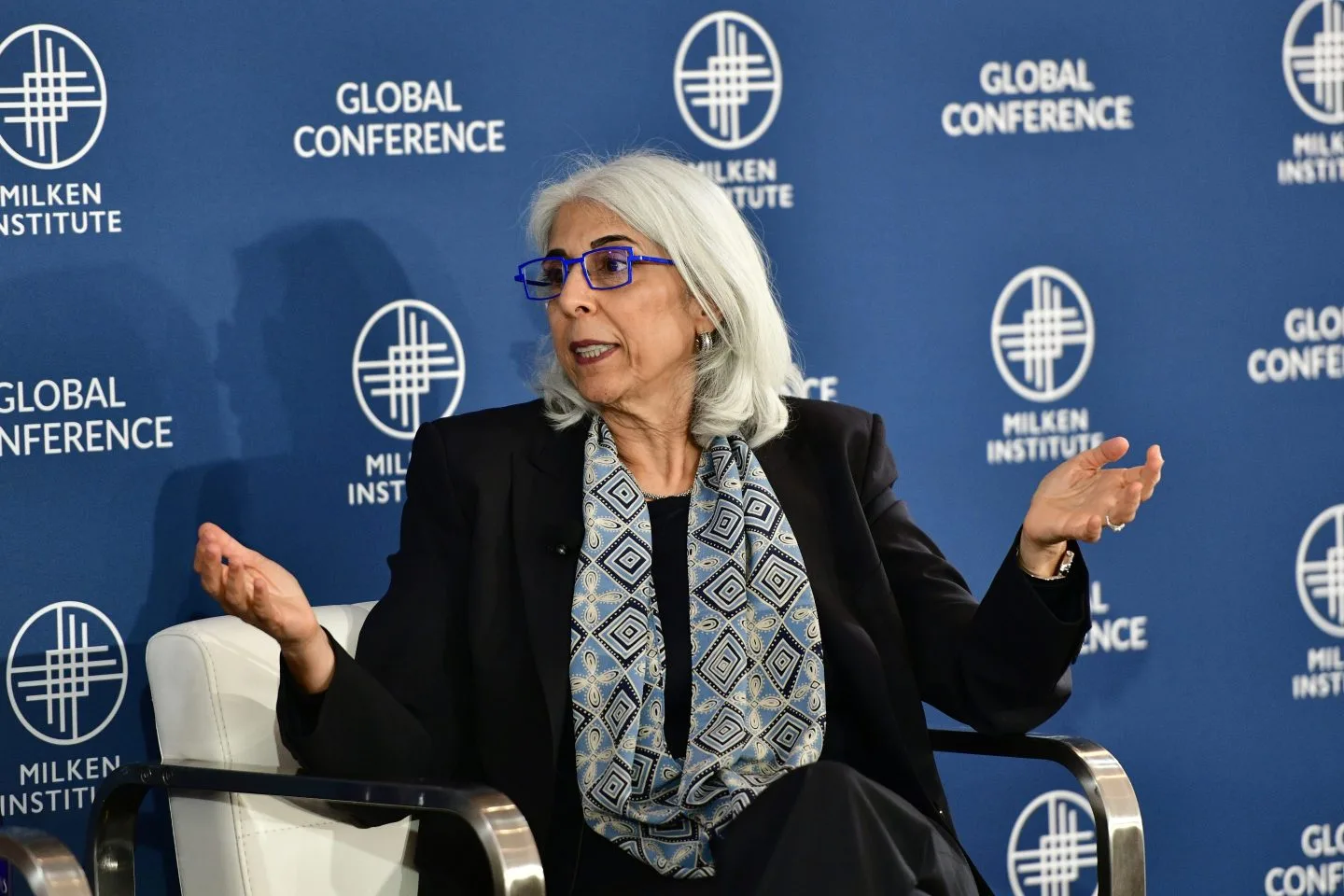A Chinese nonprofit group, OpenAtom Foundation, is reportedly coordinating efforts among major Chinese technology firms to develop open-source software with potential military applications, according to a U.S.-based defense policy group.
The Jamestown Foundation, a defense policy group based in Washington, circulated a report this week highlighting OpenAtom Foundation’s role in overseeing the development of open-source operating systems by companies like Huawei Technologies Co Ltd. One such operating system, OpenHarmony, is a variant of Huawei’s Harmony OS, created after U.S. sanctions severed the company’s access to U.S. technology providers.
The report suggests that OpenAtom is facilitating collaboration among Chinese tech firms to create alternatives to U.S. technologies, with a particular focus on defense applications, including satellite technologies. OpenAtom has led efforts to adapt OpenHarmony for use in Chinese satellites launched last year, which are capable of capturing high-resolution images at a low cost.
Sunny Cheung, an associate fellow for China studies with the Jamestown Foundation, noted that OpenAtom is central to China’s strategy for technological self-reliance. Many of its leaders are from the Chinese Ministry of Industry and Information Technology, with over 38% of its staff having ties to the Chinese Communist Party.
OpenAtom’s sponsor companies include major Chinese firms such as Alibaba Group Holding and Tencent Holdings. Interestingly, U.S. chipmaker Intel is also listed as a sponsor. Intel stated, “Intel fosters an open ecosystem strategy through its leadership in key groups and foundations around the world to build trust, deliver choice, and ensure interoperability for our industry.”
Cheung suggested that U.S. officials might need to reassess their approach to China’s technological advancements. Rather than merely attempting to block these efforts, the U.S. government could consider promoting its own open-source software initiatives, which have so far been predominantly managed by the private sector. Without such measures, Cheung warned, China could potentially outpace the U.S. in open-source technology development. “The U.S. should look into China’s example and try to have their own doctrine and protocol to innovate on open source,” he said.



